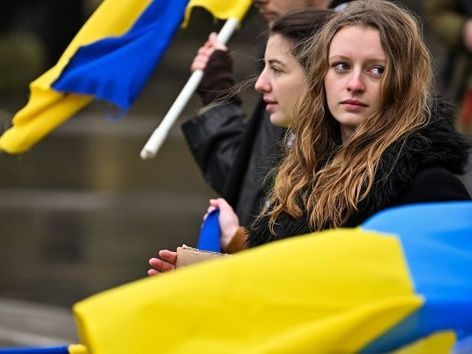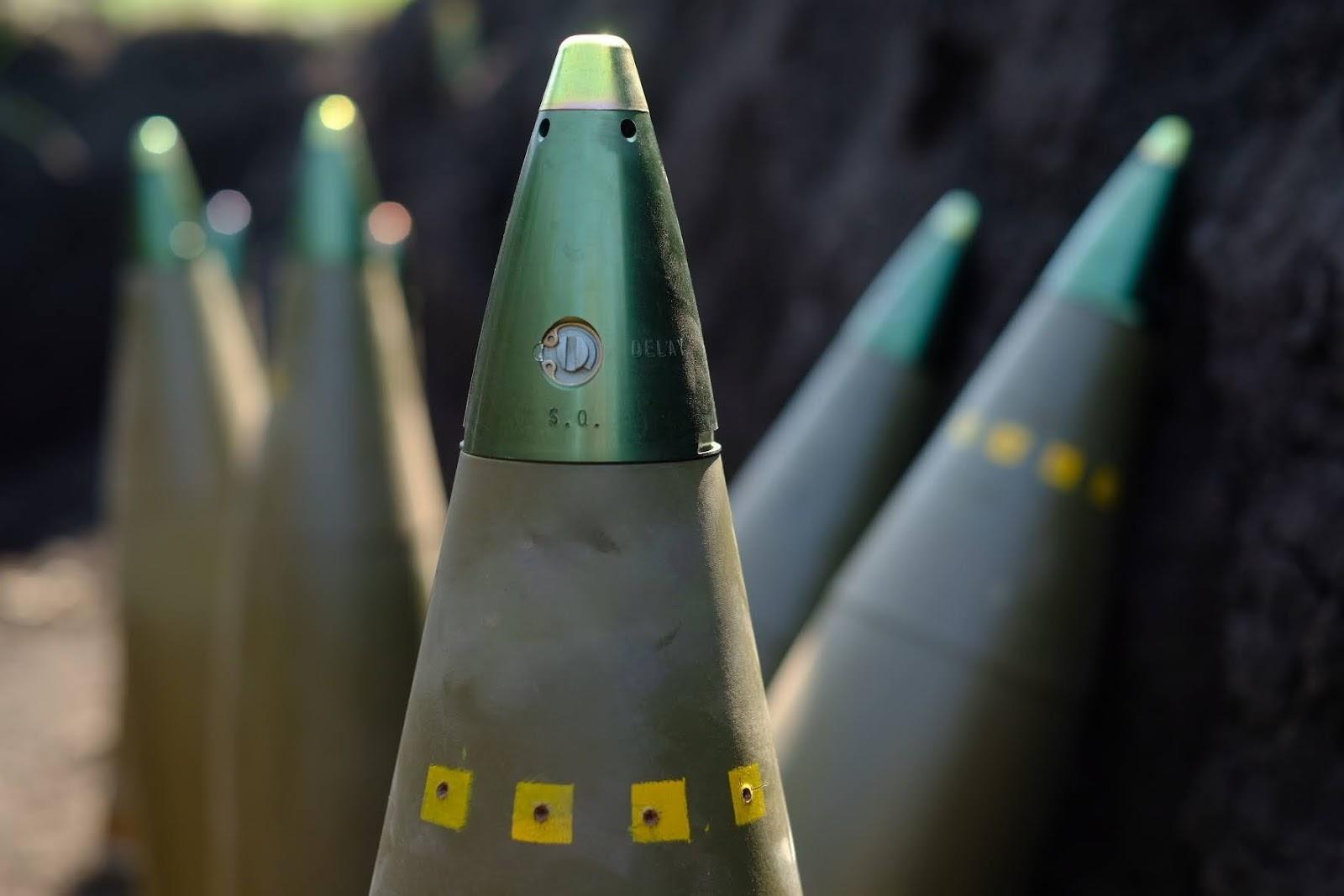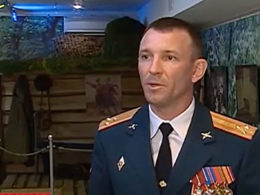Fifty-six percent of Ukrainians believe the country is making genuine attempts to fight corruption, while 40% consider Ukraine hopelessly corrupt, according to a survey conducted by the Kyiv International Institute of Sociology between 19 September and 5 October 2025.
The findings mark a shift from September 2024, when views were split almost evenly: 48% saw real anti-corruption efforts, while 47% viewed the country as hopelessly corrupt. A year earlier, in 2023, optimism had been higher, with 59% believing in anti-corruption efforts and only 36% seeing the situation as hopeless.
"In 2023, the majority still believed there were real attempts to overcome corruption, but in 2024 we saw a parity of opinions between optimists and pessimists," the institute notes in its report.
The survey, which polled 1,008 respondents via telephone interviews across government-controlled territory, also examined attitudes toward criticism of authorities during wartime. Just 8% of Ukrainians now believe the government should not be criticized at all — down from 13% in May 2024.
Ninety percent agree that criticism of authorities should be present. However, most respondents — 58% — favor "balanced and constructive" criticism "so as not to destabilize the situation in the country." Another 32% insist on harsh and uncompromising criticism, a proportion unchanged from 2024.
The institute's analysis reveals a correlation between perceptions of corruption and attitudes toward territorial concessions to end the war. Among those who view Ukraine as hopelessly corrupt, 34% would accept official recognition of certain territories as part of Russia, compared to 22% among those who see genuine anti-corruption efforts. Twenty-five percent of pessimists would accept transferring currently Ukrainian-controlled territories to Russia, versus 15% of optimists.
"The majority of those who critically assess the fight against corruption are still against the most difficult demands in the context of territories," according to the report.
Andriy Grushetskyi, commenting on the survey results, warns that the narrative of "hopelessly corrupt Ukraine" undermines national security. "The tip of the information warfare spear is the enemy's dissemination of ideas about mass draft evasion and total corruption (because this reduces the population's motivation to join the army and reduces support for Ukraine among donor countries)," he writes.
Grushetskyi cites historian Yaroslav Hrytsak's suggestion to "stop talking about Ukraine as a very corrupt country; we should talk about Ukraine as a country fighting corruption."
He places responsibility on media and civil society activists whose investigations "emotionally agitate the already psychologically exhausted Ukrainian public."
"As our results show, the majority of Ukrainians support precisely constructive criticism of the authorities," Grushetskyi said, urging that "the next sensational exposés and investigations follow this approach."
The survey's margin of error under normal circumstances does not exceed 4.1% for indicators close to 50%, according to the institute.




